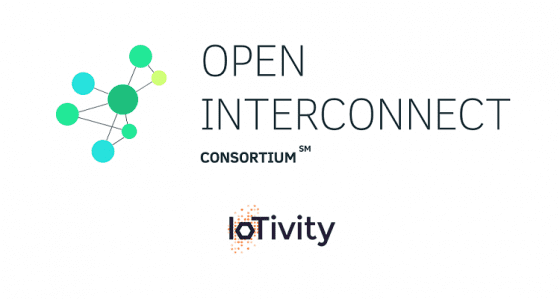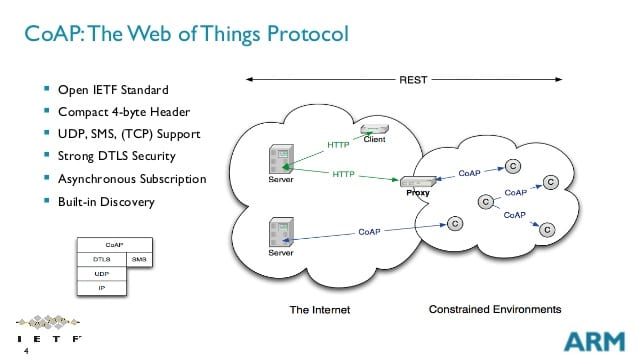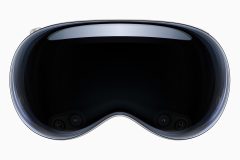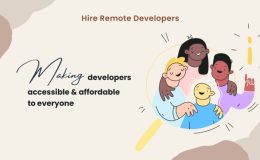The IoTivity project has recently reached an important milestone – its 1.0.0 release, which includes Getting Started instructions for Tizen.
IoTivity is the reference implementation for the work of the Open Interconnect Consortium, who are defining a standard and a certification program for the device-to-device connectivity needs of the Internet of Things (IOT).
There are a large range of device form-factors, capabilities and existing protocols in this new frontier of connected, smart devices, and it is crucial that there is interoperability of connectivity which is not tied to specific vendors.
OIC are seeking to solve this issue with their standard, and by bringing the reference implementation of that standard to Linux, Android, Tizen and Arduino. It appears that there is also some degree of support for iOS, OSX and Windows.
The OIC standard is built on top of a new protocol called CoAP (Constrained Application Protocol) which is designed to have a simple mapping to HTTP (it has a RESTful API) but also be friendly for implementation on top of very resource-constrained devices. IoTivity can run CoAP on top of IPv4, IPv6, Bluetooth, BLE and more, and includes support for message switching between those connectivity types.
OIC and IoTivity’s collaborative approach stands in contrast to the efforts of Google and Apple with Brillo/Weave and Homekit respectively. These companies obviously want to extend their iron-fisted control in the mobile arena across to IoT devices, as they have both already attempted with various degrees of success for wearables, TV and automotive.
Like Tizen, the IoTivity project is hosted by the Linux Foundation, and there is good synergy between the two projects. There are many “big name” companies within the OIC consortium, including Cisco, Samsung, Intel, Cisco, IBM and Dell.
Funnily enough there is is another rival IoT connectivity standard (AllJoyn) and consortium (AllSeen Alliance). The AllJoyn project is hosted by the Linux Foundation too, but there is no Tizen support in AllJoyn. Qualcomm and Microsoft are the biggest players in this second consortium, which looks a little weaker on paper.
It looks like there will be some serious trade-show and media battles amongst these rivals in the coming months. IoT, and specifically home automation devices are a new battlefront, and all the big players are seeking to make their mark.




















